The decision by France, the UK and other European states to recognise Palestine is a turning point for European diplomacy, writes Vera Spyrakou. But for the move to have any lasting impact, Europe must back up its symbolism with substance.
On Monday 22 September 2025, France, Belgium and others joined the UK, Canada, Australia and Portugal in formally recognising the State of Palestine at the United Nations. These announcements mark a significant break from decades of western policy.
French President Emmanuel Macron described this decision as part of France’s commitment to advancing the two-state solution. The move has provoked widespread reaction: Palestinian President Mahmoud Abbas welcomed it as “an important and necessary step towards achieving a just and lasting peace”, while Israeli Prime Minister Benjamin Netanyahu reiterated that there will be no Palestinian state and threatened to expand settlement activity in the West Bank.
This moment is not simply another diplomatic gesture in the long history of the Israeli–Palestinian conflict. It signals the consolidation of what might be described as a historical global alliance: a broadening coalition of states, now including major western powers, that openly support Palestinian statehood.
Out of 193 United Nations member states, 156 have already extended recognition and the number is rising steadily. For Europe, this decision carries implications that reach well beyond the conflict itself. It touches on Europe’s global role, its internal cohesion and its credibility as a normative power.
Recognition as symbol and substance
Recognition of Palestine has always sat uneasily between symbolism and substance. On the ground, it changes very little. Palestinian territories remain fragmented, governance structures are under pressure and Israeli occupation continues. Borders, refugees, security and the status of Jerusalem remain unresolved.
Yet symbolism in international politics matters. Recognition shapes the language of diplomacy, frames legal claims and legitimises political actors. By recognising Palestine, European and allied governments are sending a clear signal: the two-state solution remains the only legitimate framework for peace, the occupation cannot be normalised indefinitely and Palestinians must be treated as political actors rather than passive recipients of humanitarian aid.
Europe’s diplomatic turn
The decision by France and others marks a turning point for European diplomacy. For decades, the European Union and its member states preferred to act as humanitarian donors. They gave extensive aid to Palestinians while avoiding the politically costly step of recognition. That cautious posture is now shifting.
Macron’s announcement is especially significant. As a permanent member of the UN Security Council and one of Europe’s most influential states, France carries symbolic weight. Its alignment with Portugal, the UK and others suggests that recognition is no longer confined to small or peripheral states but is becoming part of the mainstream of western diplomacy.
This is not only about Palestine. It reflects a broader effort by Europe to reclaim political agency on the global stage, particularly at a moment when the United States appears unwilling to play the role of neutral mediator. Abbas’s exclusion from the UN summit in person, after being denied a US visa, only highlighted this dynamic.
More states now recognise Palestine than Kosovo, Taiwan or Western Sahara and the addition of major western powers represents a qualitative shift. What was once largely the stance of the Global South is now extending into the Global North. This alliance cuts across continents, political systems and levels of development.
Recognition has persisted through decades of failed negotiations and repeated cycles of violence. It is anchored in the principle of a two-state solution and presented not as anti-Israeli but as pro-peace, pro-justice and consistent with international law. For Europe, joining this alliance is a way of signalling belonging to a global community that sees recognition as a necessary step toward justice.
Italian protests and cosmopolitan citizenship
While France and others have now recognised Palestine, Italian Prime Minister Giorgia Meloni has resisted calls to follow suit. Yet recent waves of student-led demonstrations in Italy illustrate how public mobilisation intersects with cosmopolitan citizenship.
On 22 September, students in cities including Rome, Milan, Turin, Florence, Naples, Bari and Palermo took to the streets to protest against the conflict in Gaza and to express solidarity with the Palestinian people. Hundreds of secondary school students gathered outside Termini railway station in Rome, waving Palestinian flags and chanting, “Free Palestine!”
These protests were part of a nationwide movement, which included a 24-hour general strike that blocked roads, ports and transport systems in more than seventy-five cities. Demonstrators called on Italy to end its military and commercial ties with Israel and support efforts to deliver humanitarian aid to Gaza.
These protests reflect a commitment to global justice and human rights that transcends national boundaries. By taking action, the students have exercised a form of global citizenship, acknowledging shared responsibility for human rights worldwide. Their activism demonstrates how youth can shape political discourse, engage with global issues and translate moral concern into collective action, embodying a cosmopolitan ethos in practice.
Risks and reactions
Recognition, however, is not without risks. Netanyahu’s threat to expand settlement activity illustrates the danger of escalation rather than de-escalation. From Israel’s perspective, recognition rewards the Palestinian leadership without offering security guarantees. For Netanyahu, it also provides a domestic opportunity to project strength against foreign pressure.
Within Europe, recognition could expose divisions. Some EU members remain reluctant, fearing a diplomatic backlash, loss of access to Israeli markets or political costs at home. Public opinion is itself mixed. Many citizens see recognition as a moral imperative, while others view it as naive or destabilising. The issue risks becoming a wedge in domestic politics, particularly where nationalist or far-right parties instrumentalise the conflict.
Recognition therefore speaks to Europe’s credibility, unity and strategic role. Europe has long presented itself as a defender of international law, human rights and multilateralism. Recognition is a test of that identity. To act strengthens Europe’s moral standing, but it also commits the EU and its member states to follow through.
Recognition also creates pressure for greater cohesion. If some states recognise Palestine while others hold back, Europe’s voice will be weakened. The challenge is to transform individual decisions into a coordinated European policy that has genuine influence.
Strategically, Europe now has an opening. With the United States less willing to mediate, the EU can take greater responsibility. Although Europe lacks Washington’s military leverage, it can combine recognition, aid and multilateral diplomacy to position itself as the custodian of the two-state solution.
A test of Europe’s will
For recognition to matter, Europe must avoid the trap of symbolism without substance. Diplomatic statements will not be enough. Sustained engagement will be required to push for negotiations, secure ceasefires and ensure humanitarian access.
Support for Palestinian governance will also be essential. The institutions of the Palestinian Authority need strengthening, but they must also be subject to reform and accountability. Pressure on Israel will likewise be necessary, using diplomatic, economic and legal tools to deter settlement expansion and uphold international law. Regional cooperation with Arab states, particularly Egypt and Jordan, will remain vital.
But recognition also raises a deeper question: is Europe ready to accept the costs of principled engagement? Resistance from Israel, scepticism from the United States and polarisation at home are inevitable. Political courage will be required to withstand these pressures.
If Europe retreats at the first sign of difficulty, recognition will lose credibility. If it sustains its stance, however, the diplomatic landscape could shift. France’s decision, joined by its allies, therefore represents a test of Europe’s will.
At stake is not only the future of Palestine but also whether Europe can act as an autonomous political subject rather than a secondary actor. For Europe, the challenge is clear: recognition must not be the end of the story, but the beginning of a new chapter in the pursuit of a just and lasting peace.
Note: This article gives the views of the author, not the position of EUROPP – European Politics and Policy or the London School of Economics. Featured image credit: European Union







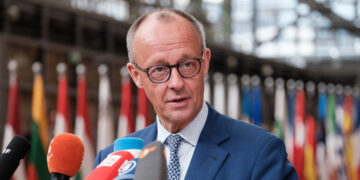



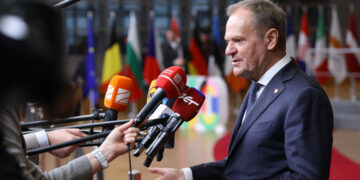
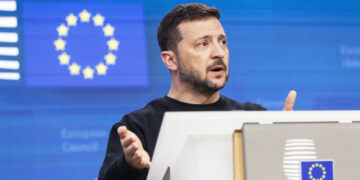










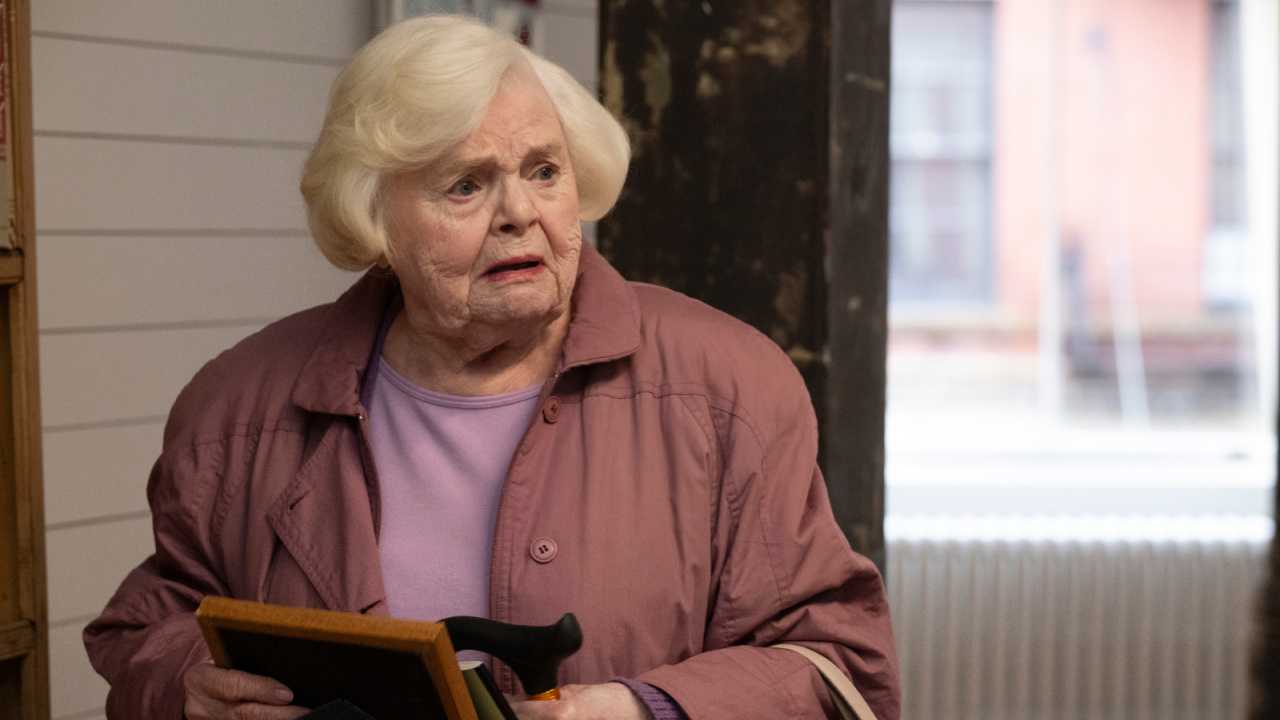





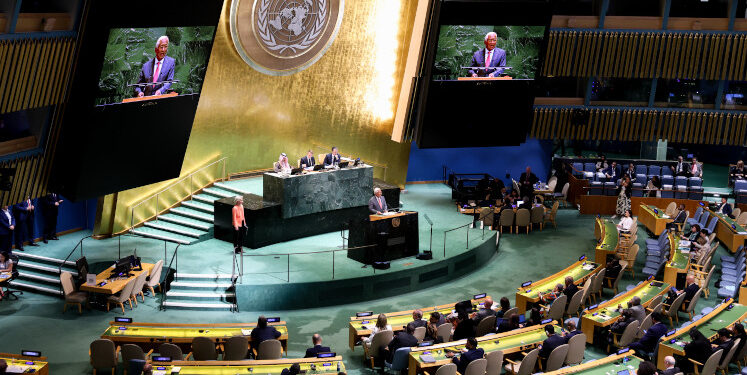









Discussion about this post